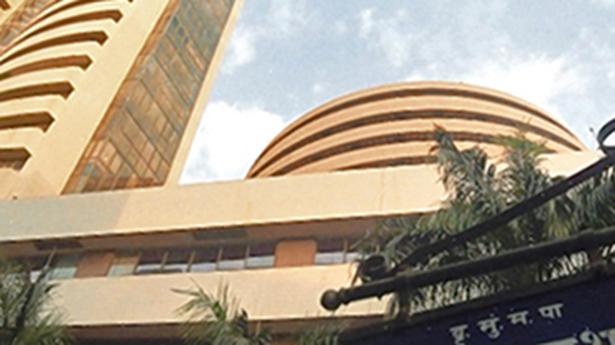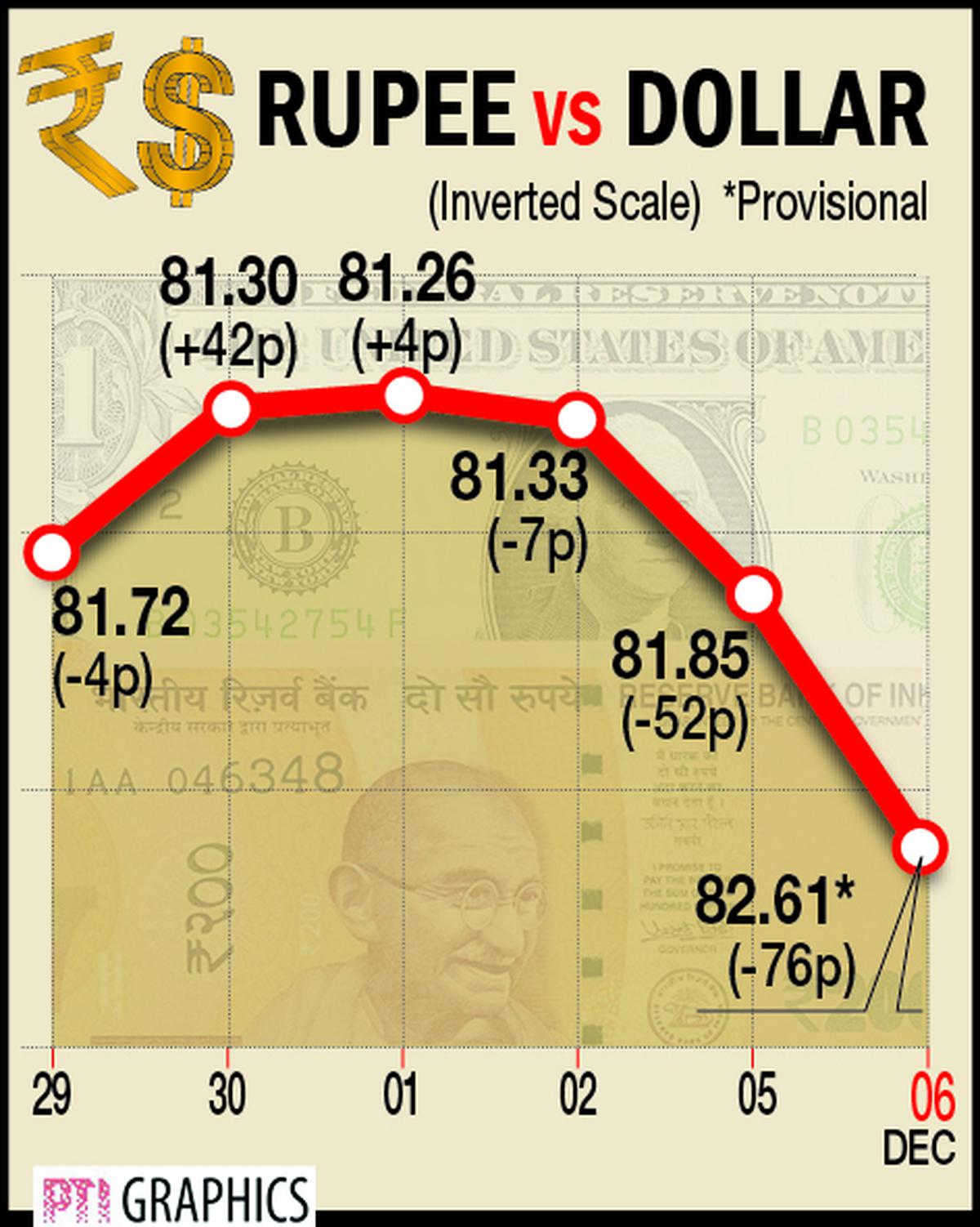Markus Helfrich
| Photo Credit: Special Arrangement
Samsung Electronics-owned HARMAN Automotive’s SVP, HR, Markus Helfrich said the broader environment comprising geopolitics, supply-chain issues, semi-conductor shortage, has heavily impacted the global automotive industry.
However, ‘‘These challenges have definitely made the industry more cautious, more resilient in sourcing and handling partner ecosystems, building location strategy, but also made the industry to be more strategic,’‘ he told The Hindu.
Mr. Helfrich also said, the industry which was on a reaction mode, traditionally, has now entered an anticipation mode, because of the constantly changing market environment.
“We’ve had to build resilience, in sourcing, in partner ecosystems, in location strategy. And we’re not just reacting now, but we’re anticipating where the industry is heading and preparing well in advance. The challenges have definitely made the industry more cautious, but also more strategic,’‘ he added.
According to Mr. Helfrich, the biggest impact on the industry so far has been, the change, that is getting more “rapid’‘ and increasingly “unpredictable.’‘
“Things are coming without any notice today. If something happens with China or Taiwan tomorrow, we don’t know. It is unpredictable. The tariff situation has a big impact. I mean we are all aware of things happening overnight. So, things can change quickly,’‘ he observed.
Narrating a classic example of geopolitical tension faced by the industry recently, Krishna Kumar, Managing Director, HARMAN India said, the rare earth material shortage came up as a big issue globally; and neo magnets, or neodymium, a type of strong magnets made from alloys of rare earth elements, came only from China.
“It is difficult for anyone to make a speaker without neo magnets, the best-in-class magnets, used in speakers for high-quality sound effects. China decided to revoke the licences of all providers of these magnets and asked them to reapply. Our vendors were fortunate to receive approvals from China, and we were able to procure the neodymium magnets. For some time it was a big tension, and it was a 100% geopolitical issue,’‘ commented Mr. Kumar.
Mr. Helfrich further said, earlier the industry had time to prepare and fix strategies, but now under constantly changing market dynamics, that mode was not feasible anymore.
“Today, what keeps you alive is a good network, global reach, international mindset, having a strong team that works together beyond any conflicts. To my understanding, that is the only thing which guarantees you to stay above any daily conflicts,’‘ concluded Mr. Helfrich, who was in Bengaluru as part of HARMAN Automotive’s 14‑month global cultural transformation programme designed to reimagine how the company’s automotive teams think, collaborate, lead and grow.
Stamford-based Harman International was acquired by Samsung Electronics in 2017 for $8 billion. The acquisition was part of Samsung’s strategy to expand into the automotive and connected car market and it gave the Korean electronic giant access to Harman’s automotive and connected technologies, including brands like Harman Kardon, AKG, JBL, and others.
Published – August 16, 2025 05:57 pm IST






